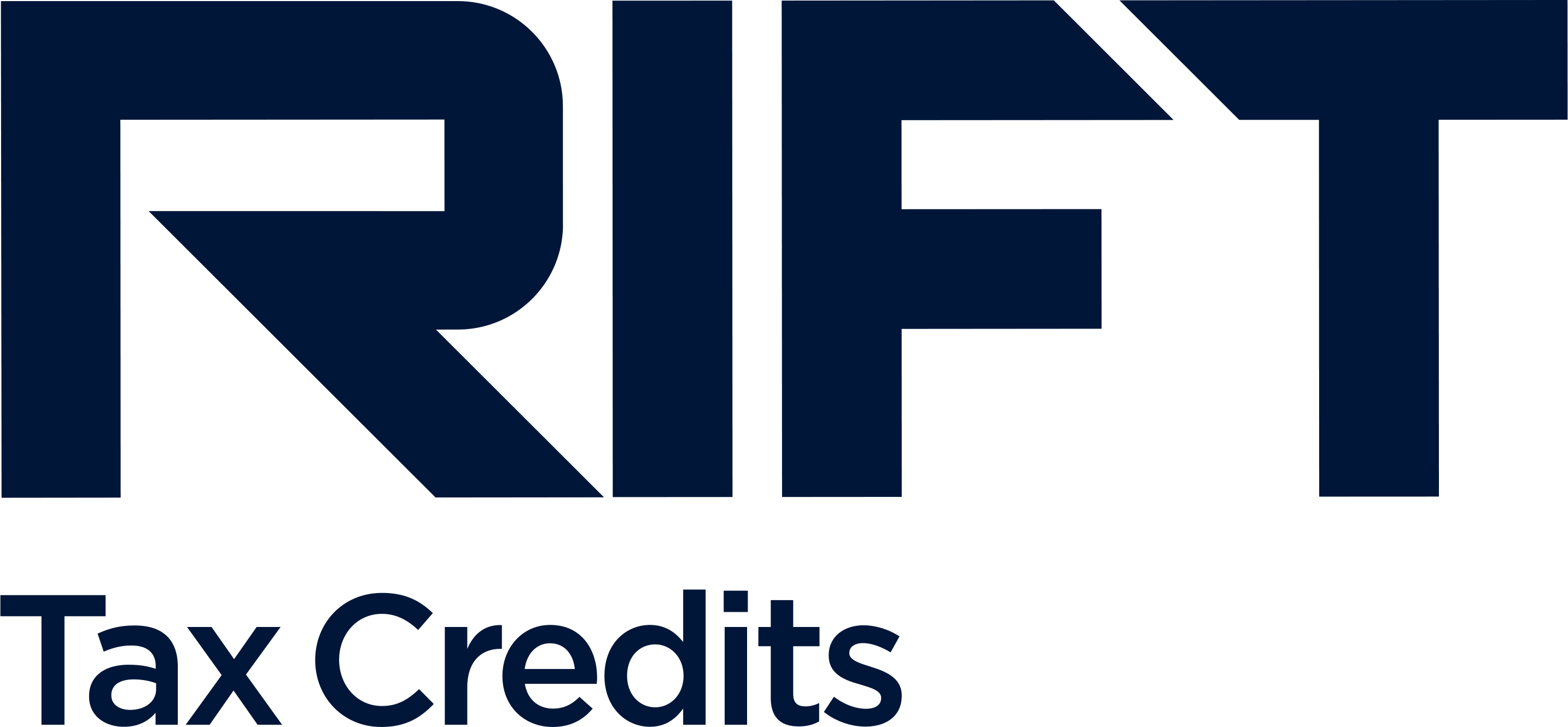The pharmaceutical industry is often one of the first to come to mind when we think about R&D. Yet while it's naturally one of the frontrunners in innovation, the integration of technology in its R&D processes has taken a while to gather pace. However, with the pandemic came a need to do things differently. With most processes being carried out in-person and in the lab, lockdown presented an unprecedented challenge for the sector - and at a time when new drug discoveries and fast development potentially offered a way out of the COVID crisis.
As a solution-driven sector, digital ways of working became more widely adopted, from discovery to development and manufacture. The pandemic has taught us many lessons. For the pharmaceutical industry, perhaps one takeaway is the power of Pharma Tech in driving new, more effective drugs faster than ever before. But its benefits don't stop there.
Significant advances in healthcare, sooner
Artificial intelligence (AI) tools and portable digital health monitoring devices are increasingly used to help select the most suitable individuals for clinical trials and reach a wide audience by running trials remotely. The result is more efficient trials at a lower cost than traditional methods and the potential for more significant advances in healthcare, all thanks to 'Big Data'.
Better patient outcomes
Chronic conditions such as diabetes, lung disease and cardiovascular disease often rely on long-term self-management. With remote healthcare becoming more commonplace, its critical practitioners stay connected to patients to monitor treatment, effectiveness and intervene as necessary. Digital companion products provide that continuous link, enabling enhanced healthcare and patient support, and motivating patients to take the best care of their health with easy access to personalised health-related data and insights.
More effective treatments
Innovative tech has delivered a myriad of data collection and analytical tools, and pharmaceutical companies are starting to take advantage of the opportunities they present. With high volumes of patient data at their disposal, precision medicine is gathering pace. The concept moves away from a one-size-fits-all approach to disease prevention and treatment to individualised treatment plans that account for genes, environment, and lifestyle. The approach is already widely used for diseases such as cancer and conditions including rheumatoid arthritis.
It's clear, innovative technologies such as AI, blockchain and Internet of Things (IoT) are already revolutionising healthcare, and there's more to come. According to StartUs Insights, these are some of the top pharma trends for 2021:
Additive manufacturing
Precision medicine is forcing pharmaceutical companies to rethink the manufacturing process, and 3D printing could offer the solution. 3D printed tissues or cells hold the promise of age or physiology-dependent medical formulations as well as precision pills and organ engineering.
Blockchain
From ensuring complete drug data security to tackling the use of counterfeit medicines and substandard drugs, blockchain and the digitalisation of transactions have the potential to tighten up the pharma transaction ecosystem.
Gene therapy
Long-term treatment of chronic diseases or those difficult to treat could soon be a thing of the past with curative therapies such as cell and gene therapies. They involve extracting cells, protein, or genetic material (DNA) from the patient (or a donor) and altering them to provide a highly personalised therapy, which is re-injected into the patient, potentially offering longer-lasting effects than traditional medicines. (UK Bioindustry Association).
From discovery to clinical trials to manufacturing and even gaining regulatory approval, Pharma Tech is transforming the healthcare ecosystem and already improving the health and wellbeing of the global population. And it could be part of the solution to the sector's sustainability challenges too.
Energy-intensive processes during the drug discovery, development and manufacturing phases are some of the primary culprits when it comes to sustainability in the sector. But the good news is that many pharmaceutical and related organisations have pledged to become carbon neutral within the next few decades. For example, GlaxoSmithKline has already cut operational greenhouse gas emissions and by 2030 expects to reduce its water use by 30% at high-risk sites. AstraZeneca plans to accelerate its decarbonisation plans by bringing them forward a decade. While Sanofi has almost achieved its ambition to recycle, reuse or recover at least 90% of its waste by 2025.
So, it seems the health of our population and planet aren't mutually exclusive after all, with Pharma Tech playing a significant role.
If you're breaking through barriers and pushing back boundaries in your business, then you could be due R&D Tax Relief. We can help you identify historic qualifying activity and get the credit for it. Call 01233 653008.

